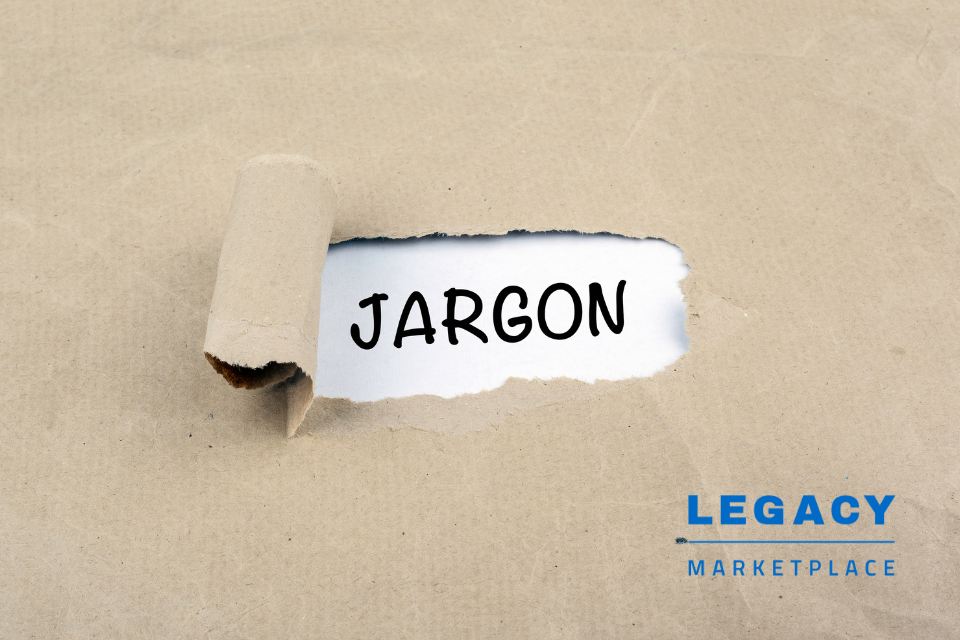Trying to assess whether a company you are working with is sustainable can sometimes feel like navigating through a maze with its own set of cryptic terms and sustainability jargon. Hey, we get it! So, let’s break down these terms together that you often see on your supplier’s company policies and impact reports.
Here’s some of the most used sustainability jargon
1. Net Zero
Greenhouse gases – carbon dioxide is the main one – produced through industry, transport and agriculture are making climate change worse. Net zero means not adding more greenhouse gases to the air than we are removing. It’s a way to reduce the climate-changing effects caused by industries, transportation, and businesses of all sizes, making the world safer from global warming.
2. Carbon Footprint
Your company’s carbon footprint is how much carbon is released into the atmosphere as a result of its everyday activities. Think of it as the environmental rating of your events, products, or services. Carbon emissions are one of the main gases causing global warming and climate change.
3. CSR
CSR stands for Corporate Social Responsibility and describes how a company contributes to the well-being of communities and society. Companies adopting CSR strategies are seen to be making a conscious effort to go above and beyond what is required of them by regulators and environmental protection groups, to take responsibility for their impact on the environment and community.
4. ESG
ESG — the acronym stands for environmental, social, and governance — is primarily about risk management and about how the organisation is affected by E S and G topics. The ‘E’ stands for Environmental concepts such as climate, biodiversity and water. The ‘S’ stands for Social concepts such as human rights, diversity and community engagement. The ‘G’ stands for Governance concepts such as ethical practices, board structure, etc.
5. DEI
DE&I stands for diversity, equity and inclusion. As a discipline, DEI is any policy or practice designed to make people of various backgrounds feel welcome and ensure they have support to perform to the fullest of their abilities in the workplace.
6. Materiality
Materiality refers to the idea that not all environmental, social, and governance issues are equally important or relevant to an organisation. It’s about pinpointing the key issues that have a big impact on a company’s success and how it’s viewed by stakeholders. It’s like a puzzle; some pieces matter a lot more, and these are the “material” issues that can affect a company’s reputation and success the most.
7. Biodegradable
Biodegradable plastic is able to break down completely into substances found in nature, and in a reasonable time frame. While compostable plastic also biodegrades, it is often designed to only do this in industrial composting facilities.
8. Greenwashing
Greenwashing is where a company uses advertising and public messaging to try to appear to be environmentally sustainable and green – greener than it really is. It’s also a technique used by certain companies to distract consumers from the fact that their business model and activities actually do a lot of environmental harm and damage.
At Legacy Marketplace, our aim is to make sustainability easy and accessible for everyone. Understanding sustainability doesn’t have to be complicated. But if you are busy and want to make sure that someone else has done the due diligence, we are here to help. Remember, every sustainable choice you make not only contributes to a healthier planet but also reflects positively on your company.
We spoke to the CEO of Legacy Marketplace about gifting sustainably – a very helpful article especially ahead of the Christmas gifting season.















